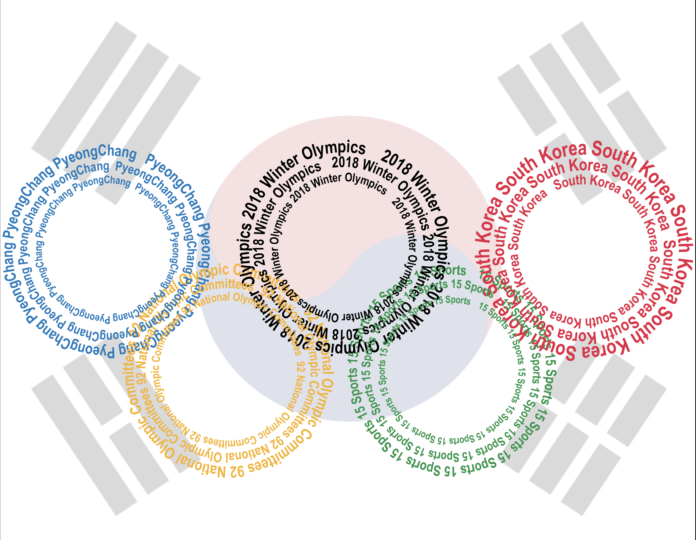By Corrie Coleman | Reporter
“Olympic Athletes from Russia” is a team composed of 169 Russian athletes who are competing in the 2018 Winter Olympics after Russia was barred from participation due to doping allegations.
As evidence emerged of widespread use of banned substances and tampering with urine samples, medals were stripped from previous Olympic athletes. One report found that over 1,000 athletes had benefited from doping. Despite substantial evidence, the Russian government still denies any government-sanctioned or systematic doping within the Olympic programs. Athletes who had consistently passed drug tests and also agreed to follow strict rules were allowed to compete in the Olympics under the name “Olympic Athletes from Russia.”
In 2016, Grigory Rodchenkov, former director of Russia’s anti-doping agency, exposed the systematic doping of Russian athletes. In a New York Times article, Rodchenkov, who was the director of the laboratory that handled the testing of thousands of athletes, said he provided a three-drug cocktail to dozens of Olympians. Rodchenkov is currently living in the United States under witness protection.
Baylor History Professor Julie deGraffenried said in an email interview that Rodchenkov is facing charges from both the Russian government and Olympians whose medals were stripped.
“[Rodchenkov] has been recently charged with drug trafficking by the Russian authorities … sued for libel by the Russian Olympians whose medals were stripped,” deGraffenried said. “It will be very, very interesting to see if the Trump administration decides to extradite Rodchenkov if Putin requests it.”
Rodchenkov’s reports and subsequent investigations caused the International Olympic Committee to ban the Russian Olympic Committee from the 2018 Winter Olympics. However, as athletes appealed their bans, some were granted permission to compete in the Olympics under a neutral flag instead of a Russian flag. This means that, while the athletes cannot compete or win medals for Russia, they are still able to participate as independent individuals.
Despite some backlash from the people of Russia, Vladimir Putin did not ask the athletes to boycott the 2018 Olympics. In the past, Putin had stated that it would be humiliating for Russian athletes to compete without national symbols.
Dr. Steven Jug, Baylor professor of Russian and area studies, said that many nations see athleticism as a reflection of national prowess or strength. He believes that Russian culture values Olympic success highly, meaning that competing under a neutral flag could have a significant impact on them.
“I think [Olympic success] matters more to Russia than to many other countries … It’s a stand-in, a placeholder of national prosperity or strength,” Jug said. “The symbolic power matters more in Russia than in other places.”
However, Jug believes that while the Olympic success can have symbolic meaning, it often does not affect the nation in tangible ways.
“There is the element of political theater and symbolism but typically it’s overstated,” Jug said. “Symbolically, [Olympic success] says a lot, but practically, what does it tell you about a country?”
deGraffenried explained that, while the Olympics will most likely impact Russia, other events in the near future could have an even bigger effect.
“The Olympics are a big deal, and any success is celebrated in Russia,” deGraffenried said. “However, there are two upcoming things that perhaps overshadow them: one, the upcoming elections in March, in which Putin is widely predicted to be reelected, and two, the upcoming FIFA preparations.”
It is still unknown if the Olympics Athletes from Russia will be allowed to fly the Russian flag at the Olympic closing ceremony.






